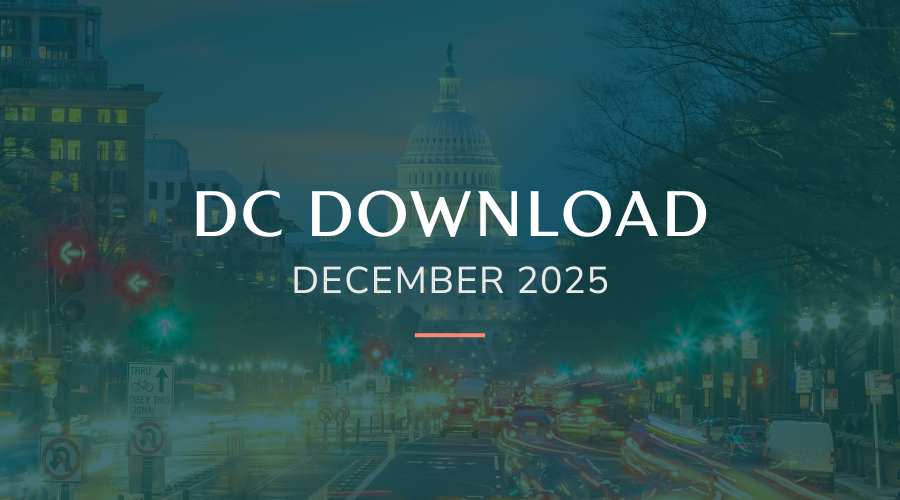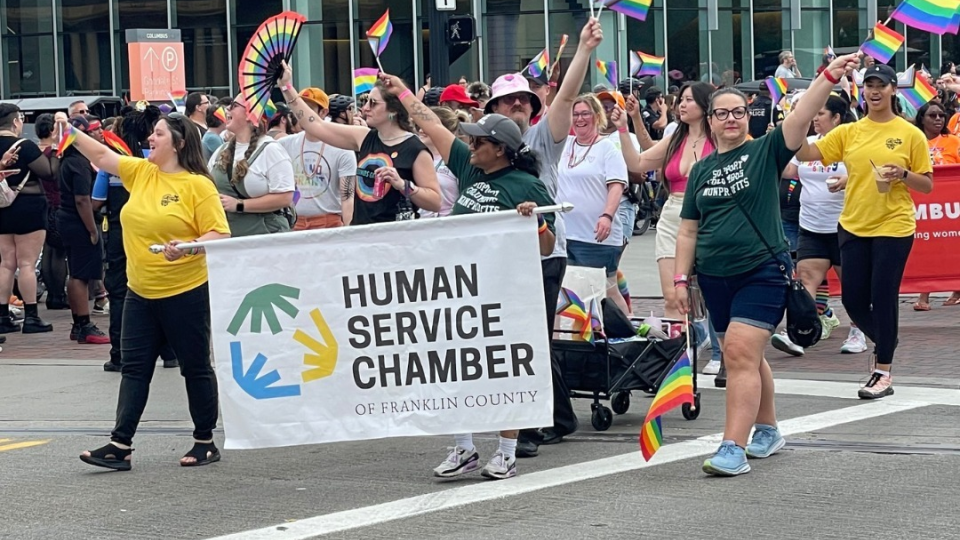Super Bowl Sunday is this weekend. Regardless of whether you’re a professional football fan, it is difficult to escape the cultural zeitgeist surrounding this annual tradition. Recipes for Super Bowl parties, halftime shows, and a breakdown of the best advertisements take over your newsfeed. Only an event of this magnitude could pull attention away from the other inescapable event dominating our lives, whether we like it or not: the 2020 election.
Nonprofits often are pulled into elections, even when they’re actively trying to avoid politics. Just like the Super Bowl, election-related discussions are inescapable. Therefore, it is important to know the rules of the game, so you stay in bounds of what is allowed for 501(c)(3) organizations.
Out of Bounds?
On January 3, a Miami church hosted an event called “Evangelicals for Trump.” At the event, the President said, “Just as I promised in the campaign, we have stopped the Johnson Amendment, where they are trying to take away your tax-exempt status.” The Johnson Amendment that he references is a 1954 law that prohibits 501(c)(3) organizations, including churches, from endorsing or opposing a political candidate. To clarify, the Trump administration has not stopped the law. It still is in effect, even if enforcement is not at a level we would like to see.
It seems ironic, if not possibly intentional, that the President’s discussion of stopping the Johnson Amendment at a campaign event held at a 501(c)(3) organization – is itself a potential violation of the law. The church said it is not endorsing the president, but others do not agree. The Freedom From Religion Foundation called on the IRS to investigate, but it remains unclear what the final verdict would be.
Just like it would be difficult for a Super Bowl referee to call a penalty without clear rules of the game, ambiguous rules around nonprofit political activity make it difficult for nonprofits, regulators, or the public to determine exactly which actions are allowed during an election year. To remedy this problem, Independent Sector endorses the Bright Lines Project that seeks to clarify rules around nonprofit political activity. Clearer rules will define the boundaries of allowable nonpartisan activity during elections and help everyone understand what is a “fair catch” versus “out of bounds.”
Staying in the Game
When your team isn’t in the game, you do not get a say in the outcome. When your nonprofit, your constituents, and your community are not engaged in public policy during an election year, you abdicate your ability to influence the people and laws that shape your lives. Despite vague rules, it is critical that nonprofits stay in the policy game in 2020.
There are numerous ways to exert your influence:
- Continue to educate the public and policymakers. The election does not impact your ability to advocate for change on behalf of your mission.
- Ensure your nonprofit staff and stakeholders are registered to vote, know when primary and national election days occur, and where their polling place is located.
- Engage candidates for office on the issues that impact your mission and community. Educate candidates on issues important to our mission. Invite them to visit your organization. Get their views on your issues and help educate voters on their responses through nonpartisan voter education or a candidate forum. If you would like to see an example of how to engage candidates, see how Independent Sector reached out to 2020 presidential candidates on behalf of the sector.
Independent Sector put together a short list of nonpartisan voter and candidate engagement resources to get you started. If you need a little inspiration to push for change, look no further than the Super Bowl, where Katie Sowers will be the first woman and LGBTQ coach to make an appearance.



